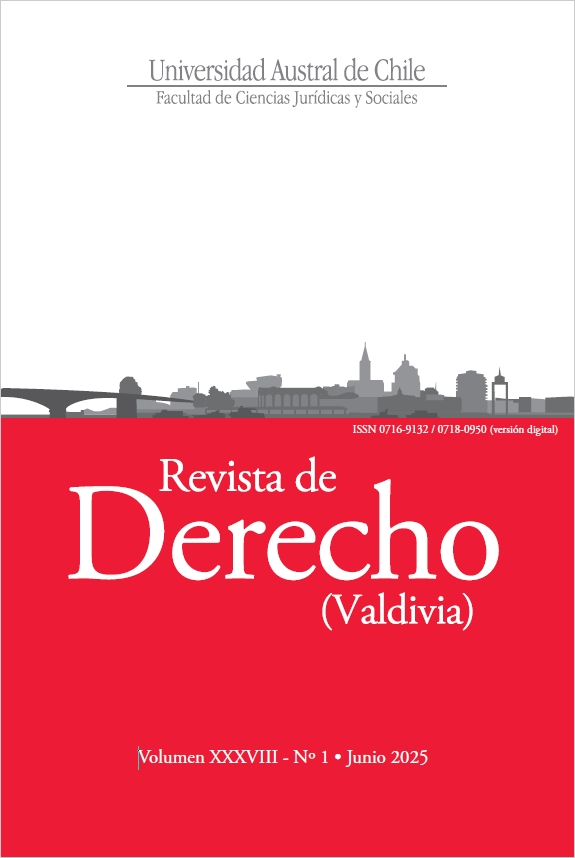Crítica a la costumbre jurídica
Contenido principal del artículo
Resumen
La costumbre jurídica está compuesta por dos elementos: el objetivo y el subjetivo. Especialmente el elemento subjetivo presenta dificultades, por lo que Carlos Nino propuso descartarlo y reemplazarlo para que la norma consuetudinaria forme parte del sistema jurídico, es decir, que sea reconocida por los órganos primarios del sistema. Al aplicar la propuesta de Carlos Nino para definir la costumbre jurídica, podemos observar que describe de manera acertada la práctica jurídica en Chile. Si a lo anterior agregamos las debilidades metodológicas para determinar la existencia y el contenido de las normas consuetudinarias, queda al descubierto el carácter político de esta fuente formal del Derecho. Este carácter político de la costumbre jurídica oscilará entre la opresión, la independencia y la insubordinación, lo que se ilustrará con ejemplos de la jurisprudencia (principalmente administrativa).


 https://orcid.org/0000-0003-1317-2015
https://orcid.org/0000-0003-1317-2015